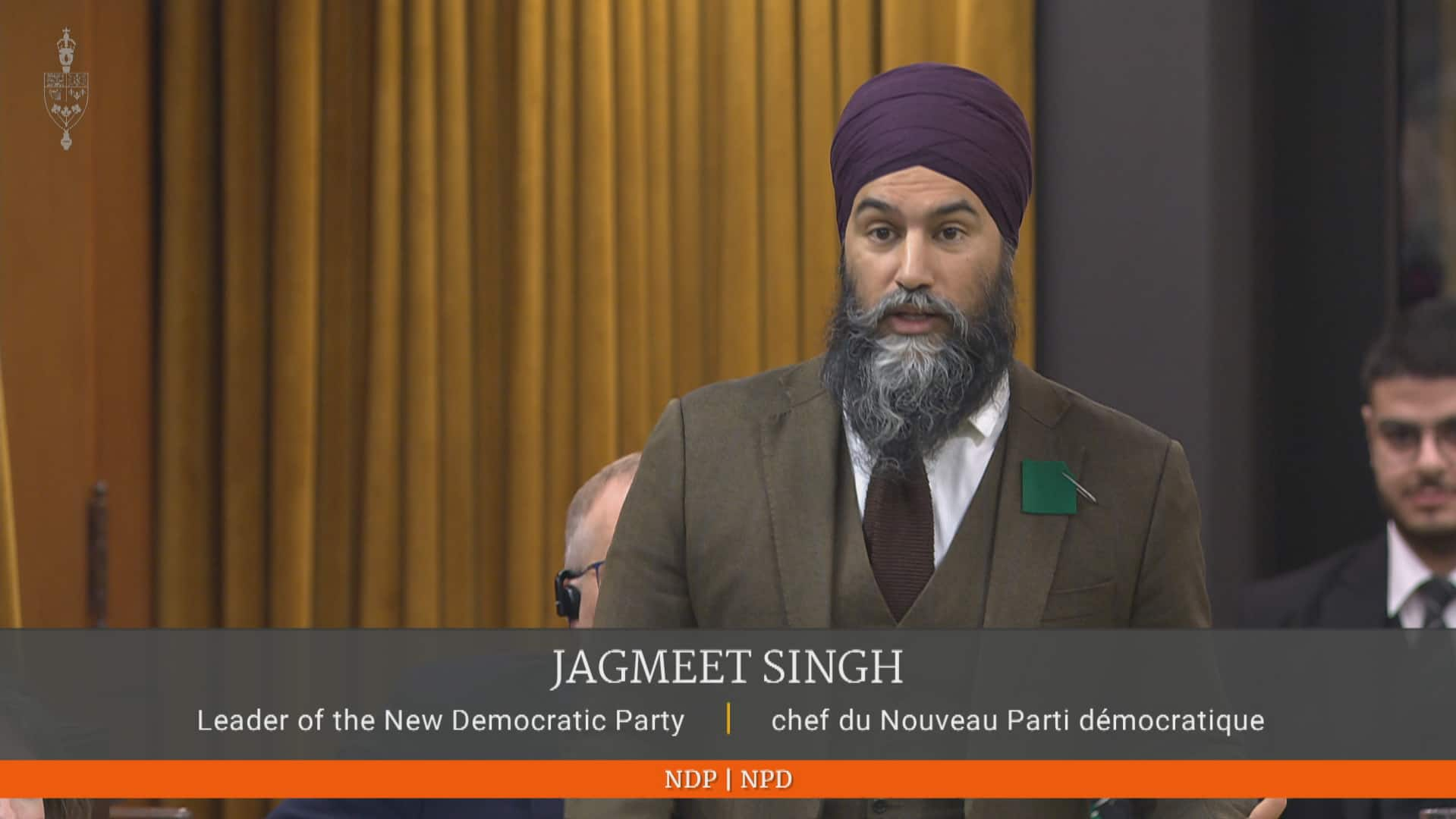While Canada's premiers have been insisting they need 35 per cent of their health-care funding costs covered by the federal government, British Columbia's premier is signalling he may be willing to move past that "red line" in next Tuesday's meeting in Ottawa with Prime Minister Justin Trudeau.
"For B.C.'s perspective, we're not going in with any red lines, any preconditions," Premier David Eby said in an interview with CBC Radio's The House airing Saturday.
"Show us what your best offer is and let's have that discussion around the table. That's what the premiers have said — let's sit around the table and and get this deal together."
Eby made those comments shortly after meeting with Trudeau on Wednesday; he and the PM discussed a variety of topics, including affordable housing and economic issues. Eby said he encouraged Trudeau to "be creative" in the coming discussions with the premiers on health care.
"If the federal government puts a reasonable offer on the table, they will have no challenge getting agreement from the provinces," he said.
Last week, at the close of a cabinet retreat in Hamilton, Trudeau said the federal government is prepared to offer "an appropriate amount" of money to the provinces.
Premiers have long called on the federal government to increase its share of health care funding from 22 per cent to 35 per cent of what the provinces currently spend.
The federal government has argued with that 22 per cent figure, saying it does not take into account the federal government's 1977 transfer of tax points to the provinces to fund social programs.
One large deal, several smaller ones
The federal government is expected to both seek a broad agreement with all provinces and territories on health funding and to work out individual deals to address the particular needs of each province.
Mental health and addiction care, long-term care and home care are British Columbia's priorities, said Eby.
Despite recent expressions of optimism about the health talks from all parties, Trudeau has indicated that no deals will actually be signed during the Feb. 7 meeting.
"It will be about starting the very direct hard work of the bilateral arrangements that [will] happen with every province," he said.
NDP Leader Jagmeet Singh has called on Trudeau to act against the increasing presence of private sector delivery in Canadian health care.
WATCH: Singh accuses Trudeau of 'flip-flop' on health care

Singh accuses Trudeau of a 'flip flop' on health-care privatization in Ontario
The Canada Health Act gives the government powers to challenge for-profit health care, Singh has said.
"It should be used more regularly and more aggressively to protect public health care," Singh told reporters on Parliament Hill.
But health policy experts have noted that the Canada Health Act does not include restrictions on private delivery within public health-care systems — such as Ontario's efforts to have private clinics perform more surgeries paid for by the public purse.
Despite recent tensions between the federal government and Alberta, Premier Danielle Smith's office confirms she will attend the Feb. 7 discussions.


